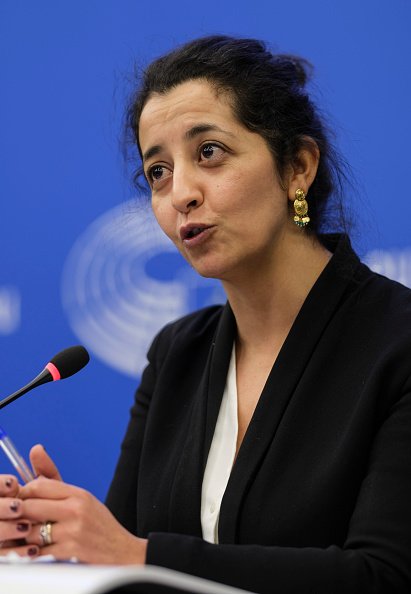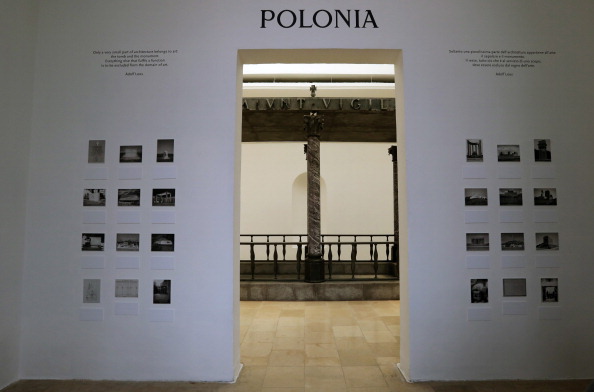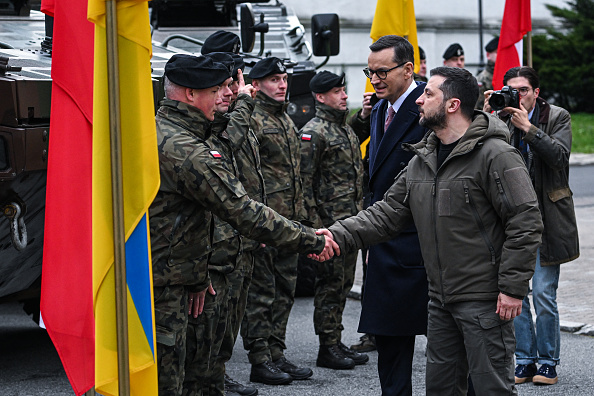Senior MEPs accused the European Commission of “bankrolling dictators” after a 2023 migration deal put €150 million directly into the hands of Tunisia’s President Kaïs Saïed.
Outrage and criticism of the deal erupted on March 16, although that did not stop EC President Ursula von der Leyen from sealing a similar deal in Cairo a day later – this one worth €7.4 billion – during a meeting with Egypt’s President Abdel Fattah al-Sisi.
Mounir Satouri, an MEP on the foreign affairs committee and the European Parliament’s permanent rapporteur for Egypt, said: “It seems that we are bankrolling dictators across the region. And that is not the Europe that we want to see.
“That is not the place which the European Union should be holding in the world.”
Saïed suspended the Tunisian parliament in 2021 and has ruled by decree since then.
In Egypt, where al-Sisi assumed office in 2014, “meaningful political opposition is virtually nonexistent,” said the US-based NGO Freedom House.
Al-Sisi received 97 per cent of the vote in 2018 elections human rights groups decried as “farcical”.
According to Satouri, the EU’s growing series of ad hoc deals with African nations such as Tunisia do not give due regard to democracy and rule of law.
Shortly after the EU granted Tunisia €150 million in July 2023 for its help in stemming irregular migration across the Mediterranean, the country cancelled a visit at short notice by the European Parliament’s foreign affairs committee, which is chaired by German MEP Michael Gahler.
Tunisian authorities did not provide any reason for pulling the plug, the day before committee members were due to arrive on September 15.
Tunisia’s foreign ministry simply stated: “This delegation will not be authorised to enter the national territory.”
Satouri, who was accompanied at a press conference by other MEPs from the Parliament’s human rights and justice committees, said the EC refused to answer their questions regarding the Tunisia deal. Instead, the body had moved forward with other similar moves – such as the one with Egypt.
MEPs’ concerns about the Tunisia deal were “being continually ignored”, said Danish MEP Karen Melchior, co-ordinator of the Parliament’s justice committee.
She said the EU’s increasing collection of “shady deals with non-democratic regimes” gave “leverage to the dictators to dictate EU policies and silence criticism of their non-democratic regime”.
“More depressingly, we have forgotten and given up on the hopes and dreams for a better democratic future of the Arab revolutions. Which started in Tunisia and Egypt,” Melchior added.
Other policy researchers shared the MEPs’ criticisms of the Tunisia and Egypt deals.
Tarek Megerisi, a senior policy fellow at the European Council for Foreign Relations, said the €7.4 billion award, intended to help Egypt manage Sudanese refugees and seal its borders with Libya, Gaza, and Sudan, represented “a lot of money for very little clarity”.
The EU’s attempts since 2020 at “border externalisation”, he said, had failed to prevent a new surge in irregular migration on the central Mediterranean route since 2020.
Rather, Megerisi added, European externalisation policies likely contributed to this new crisis, by propping up authoritarian leaders rather than supporting countries’ democratic and economic development.
“These deals don’t stop migration, [they] only make it more dangerous,” he said.
So, “Europe surrenders its treasure, reputation and leverage in the region in exchange for little more than a good headline in an election year.”
Meanwhile, “just as last year’s team Europe deal for Tunisia breaks on the rocks of an MEP rebellion,” Megerisi added, “a new team Europe prepares to do exactly the same thing”.
Satouri, referring to the European Commissioner for Neighbourhood and Enlargement, said: “These are not the private fund of Commissioner Olivér Várhelyi.”
Udo Bullman, chair of the European Parliament’s human rights committee, said the EC told the Parliament the Tunisian deal was “of the highest urgency” and it “just gave the money without any critical debate”.
Satouri concluded: “These are European funds. We need to ensure democratic procedures are followed before money is disbursed.”





